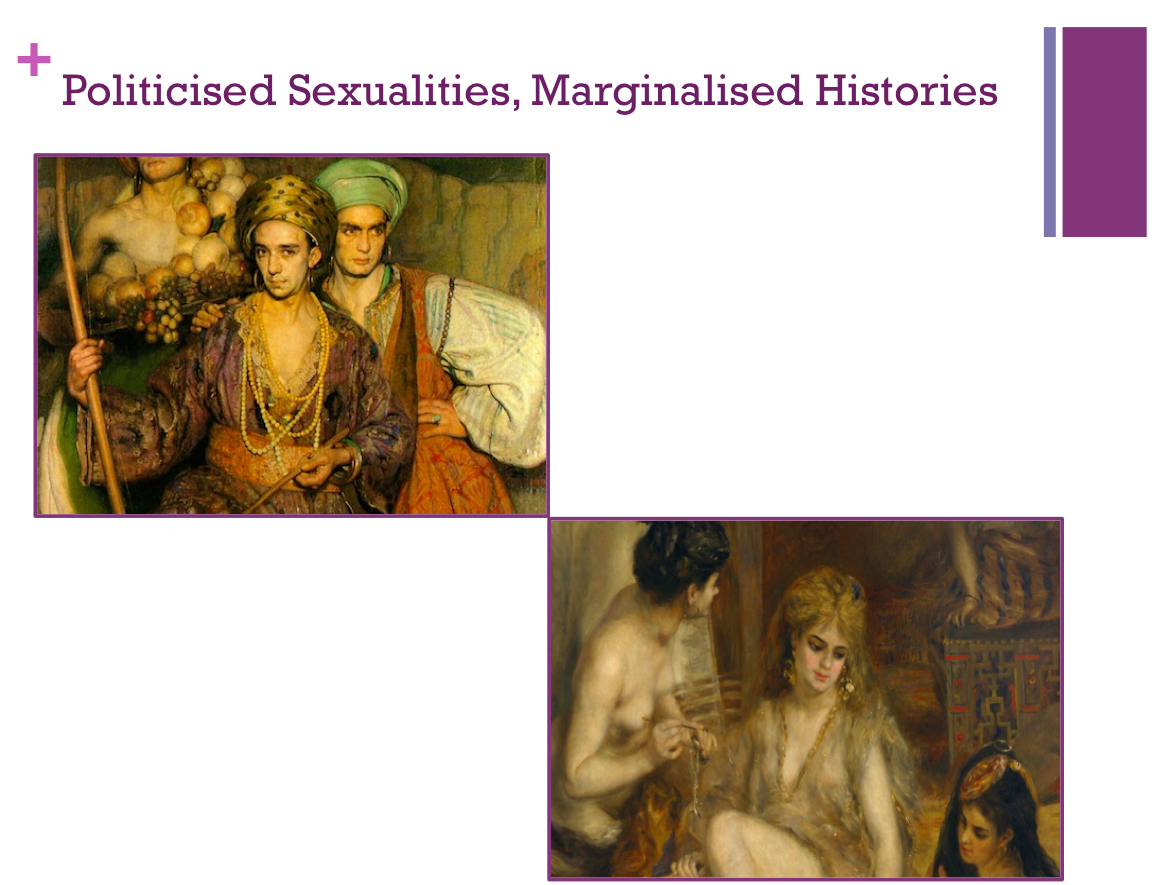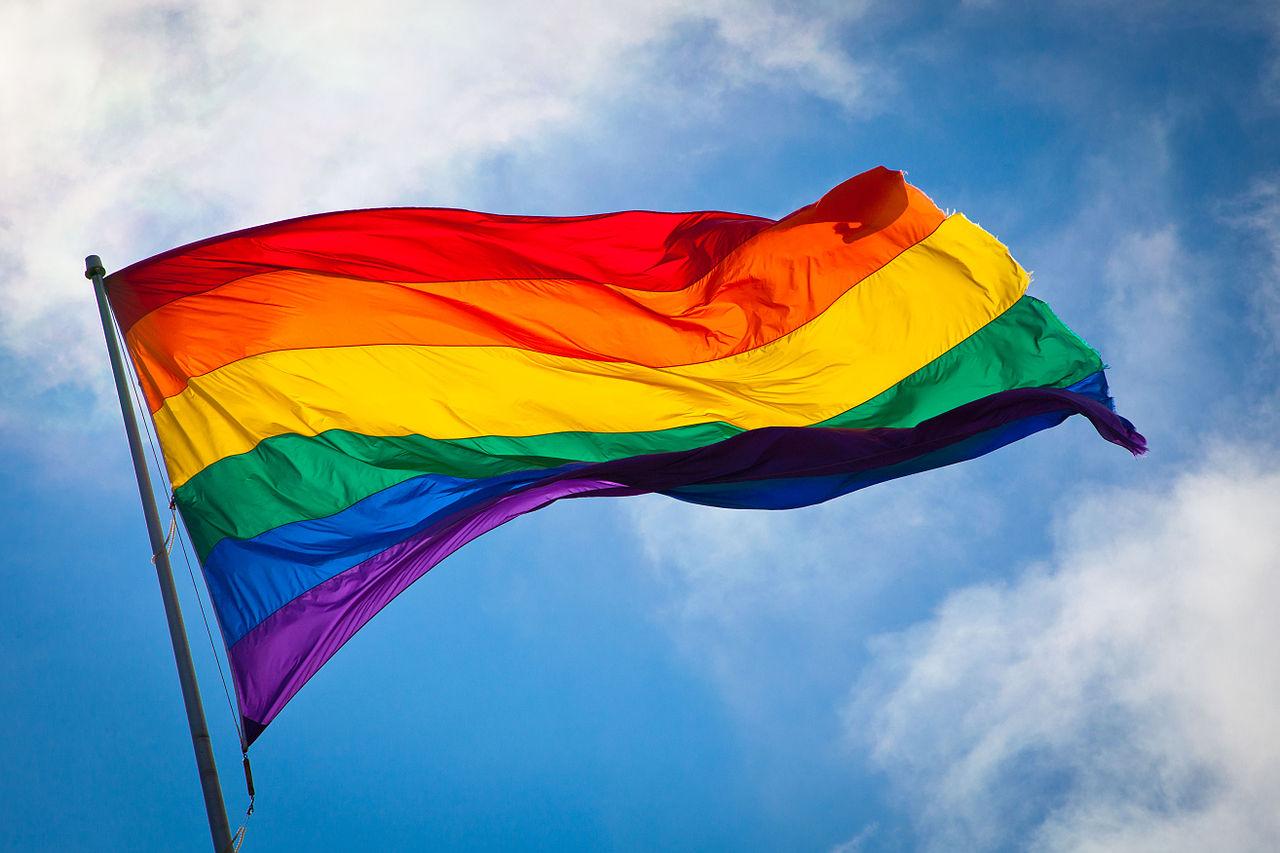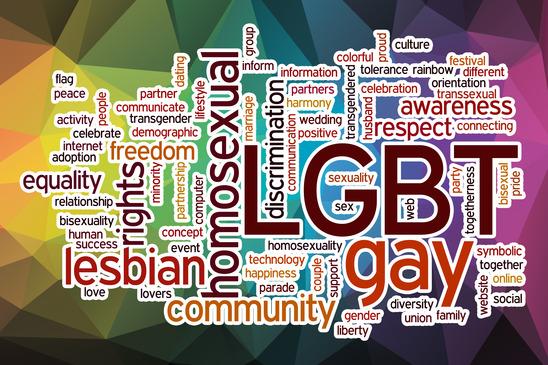🧩 Recreating Outsiders: A Response to LGBT-Identity Politics
📌 Overview
In recent weeks, two prominent stories have dominated UK media discourse around Islam and LGBT rights:
• The protest by Muslim parents in Birmingham against the “No Outsiders” LGBT-inclusive education programme
• The implementation of anti-LGBT legislation in Brunei
While both stories deserve critical engagement, their media coverage has too often constructed a simplistic binary: LGBT people as victims vs. Muslims as perpetrators.
This framing scapegoats a marginalised faith community and obscures broader systems of power that perpetuate discrimination.
“Oppression does not occur in isolation. What seems like a local issue is often rooted in global, interconnected systems of power—across race, religion, gender, sexuality, class, and nation.”
🔍 Brunei’s Law and the Forgotten Colonial Legacy
Brunei’s recent adoption of laws prescribing death by stoning for same-sex acts drew widespread condemnation. These laws were denounced as “barbaric” and “Islamic extremism” by Western leaders and media.
Yet such laws have colonial roots, not just religious ones. Under British rule, Section 377 was imposed across much of the empire as a tool to regulate sexuality and control colonised bodies.
“The first anti-sodomy laws were not Islamic. They were British.”
This colonial history is often erased. When Western discourse attributes anti-LGBT laws solely to religion or culture, it ignores how empire institutionalised homophobia. The outrage against Brunei risks being selective, moralising, and ahistorical.
🎭 The Myth of Identity Politics as Resistance
Colonial and modern states have long weaponised identity categories to divide and control.
Today, identity politics often replicates this logic. By isolating struggles into single-issue silos — race vs. sexuality, for example — it obscures the systemic foundations of injustice.
It becomes:
• A competition of marginalisation rather than a shared struggle
• A framework that prioritises visibility over structural change
• A strategy that limits solidarity by reinforcing boundaries between oppressed groups
“Identity politics, when stripped of its intersectional roots, becomes a tool of division, not resistance.”
🏫 The “No Outsiders” Curriculum: Well-Intentioned, Misapplied
Introduced to promote inclusion, the No Outsiders curriculum aimed to challenge homophobia in schools.
But its rollout in Muslim-majority communities — particularly Birmingham — unintentionally reinforced Islamophobic narratives.
“While the curriculum seeks inclusion, its framing inadvertently ‘others’ an already marginalised community.”
By isolating sexual orientation from other forms of oppression (like racism or Islamophobia), the programme:
• Ignores how different oppressions intersect
• Suggests that education alone can resolve structural injustice
• Reinforces the idea that Muslim communities are inherently homophobic
Rather than dismantling systemic discrimination, this approach repackages it under the banner of diversity.
🔗 Intersectionality as a Framework for Justice
Intersectionality helps us understand how power functions across multiple axes of identity.
It reminds us that:
“Sexuality does not exist outside race, religion, class, or gender. Nor does oppression.”
True justice requires abandoning single-issue frameworks. Intersectionality calls for:
• Contextualised education
• Inclusive policymaking
• Cross-movement organising
• Historical accountability
⚖️ Fighting Oppression as a System, Not as an Identity
CTDC supports education and activism that go beyond single-axis identities.
We believe:
“It is not enough to fight homophobia — we must fight oppression as a system.”
This includes:
• Addressing how the UK government exports and maintains anti-LGBT structures globally
• Recognising and resisting anti-Muslim racism and anti-immigrant policy at home
• Building alliances across movements, as seen in historic and contemporary efforts like Lesbians and Gays Support the Miners or Lesbians and Gays Support the Migrants
Solidarity should not be symbolic — it should be strategic, intersectional, and transformative.
📚 Reference
[1] Gupta, A. (2008). This Alien Legacy: The Origins of “Sodomy” Laws in British Colonialism. Human Rights Watch. (Read Report)
Reach to Us
Have questions or want to collaborate? We'd love to hear from you.




